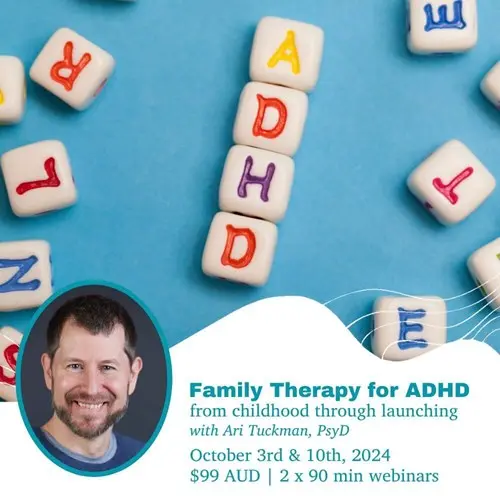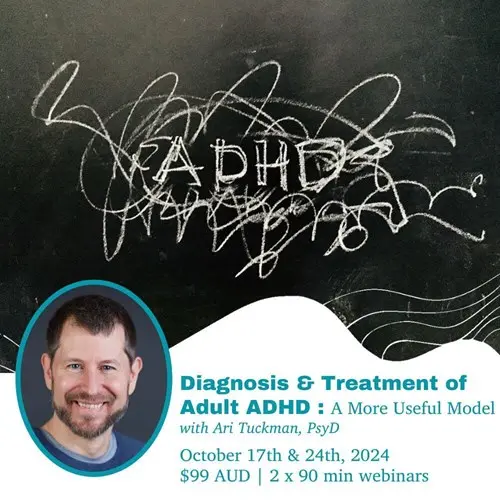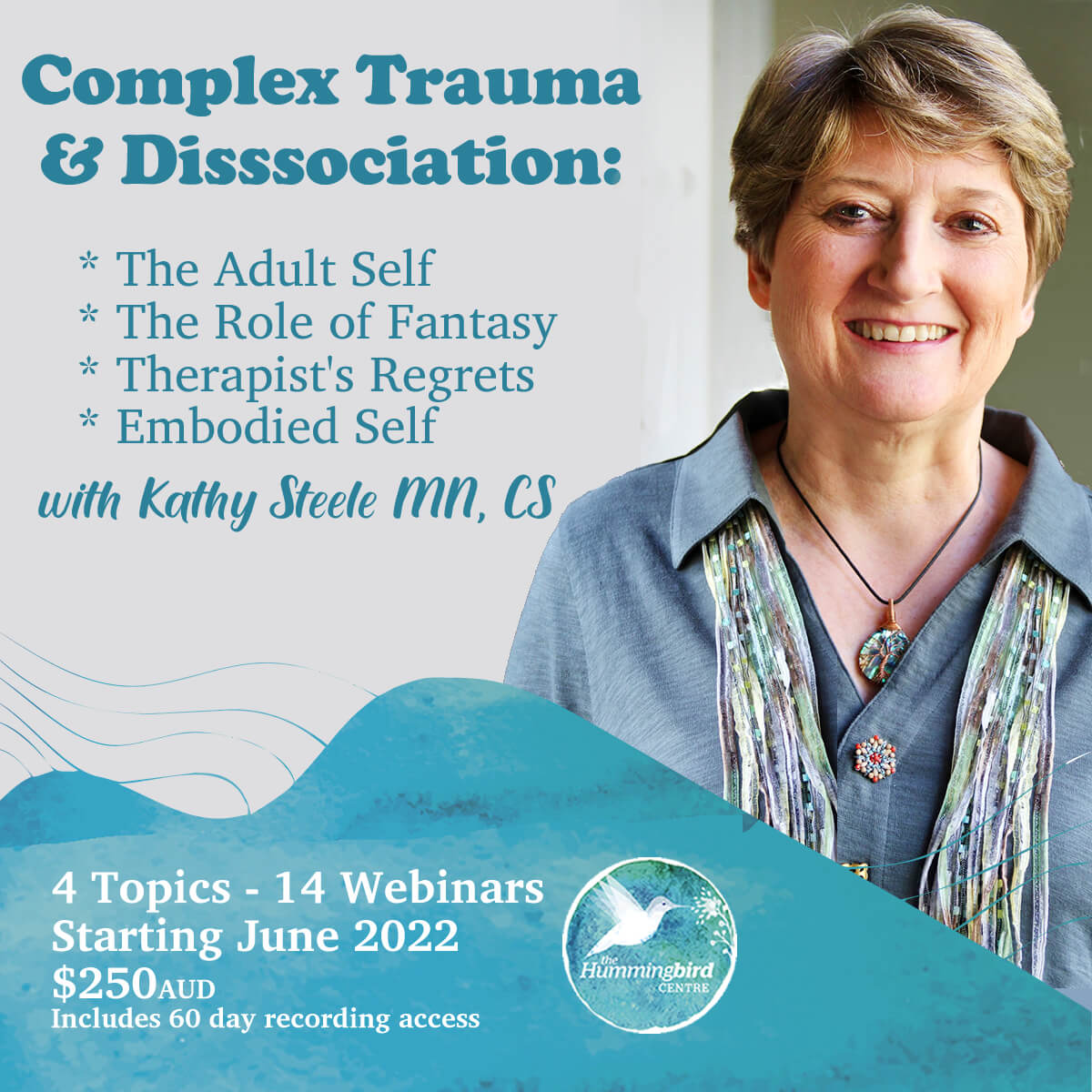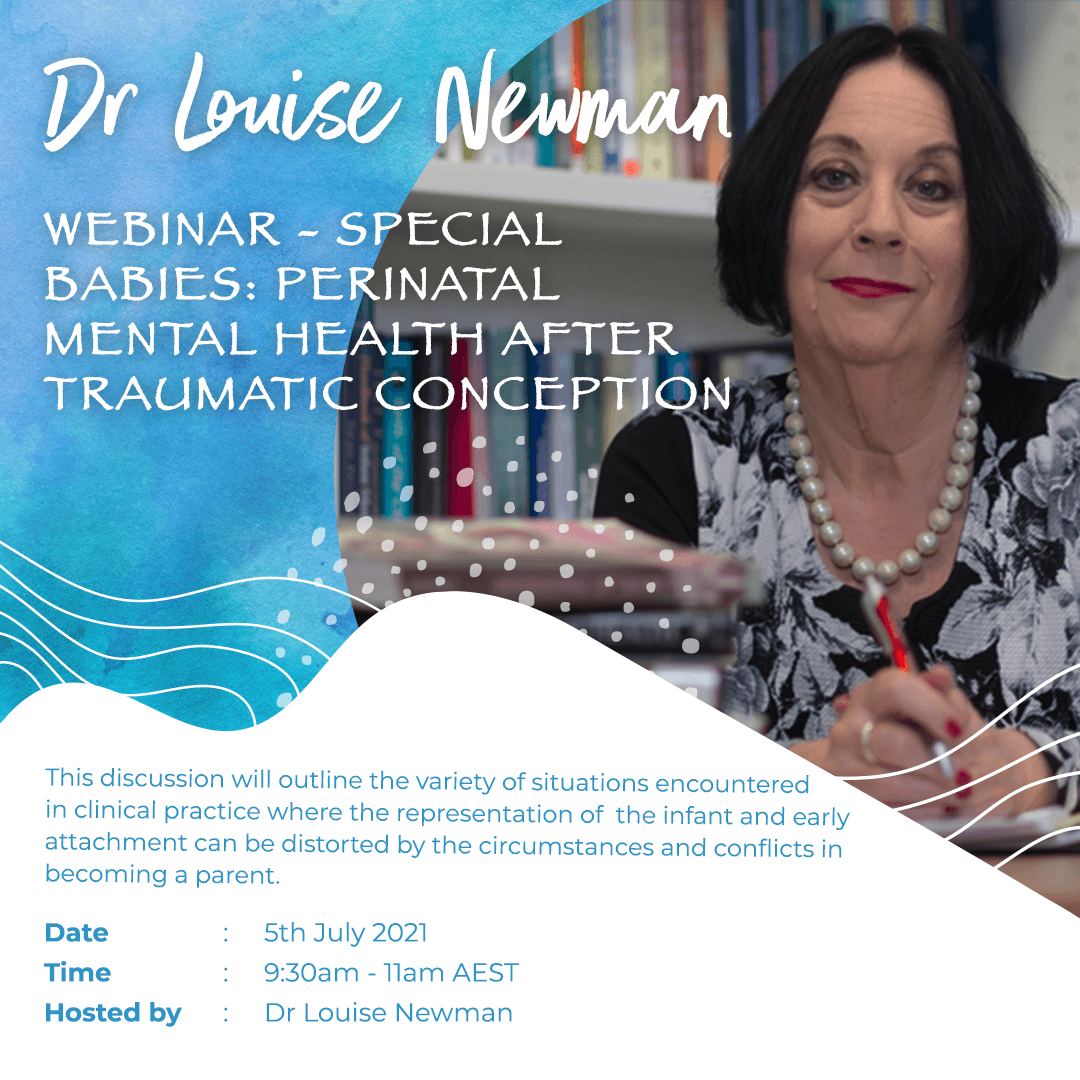Advanced Topics in Complex Developmental Trauma
These series of five-hour webinars are designed for mental health professionals working with, or interested in, complex developmental trauma. Recordings of these seminars will remain available for 30 days.
Series One: Attachment and Dependency in the Therapeutic Relationship
In this series, we focus on an integrative approach to resolving attachment and dependency issues in clients with complex trauma.
Some clients are unable to maintain a stable relationship with the therapist and subsequently experiences them as hostile, uncaring, or unhelpful, and sometimes even abusive, despite the best intentions of the therapist. Conflict ensues, and the therapist may unwittingly participate by becoming defensive and withholding or by appeasing the client. We will explore the underlying evolutionary and biological origins of attachment in the face of threat and how this manifests in treatment and can serve as a basis of practical treatment approaches.
Dependency in the client are discussed at length. The reasons for intense dependency yearnings and specific ways to use the therapeutic relationship to contain and resolve this painful experience without overwhelming the client or the therapist will be discussed. A collaborative model of therapeutic relationship is shared, with implications for treatment.
At the end of this series, participants will be able to:
1. Describe the basic underlying neurobiological and evolutionary foundations of attachment and dependency problems in complex trauma;
2. Employ at least five strategies to effectively manage dependency in therapy with complex trauma survivors;
3. Describe a collaborative model for the therapeutic relationship that can be effective in containing and treating relational difficulties in clients with complex trauma;
4. Employ at least 3 interventions to facilitate a collaborative relationship;
5. List at least five ways to manage dependency in therapy.
Series Two: Working with Chronic Shame
Chronic shame often underlies stuck places and lack of progress in therapy and is an enduring problem in clients who have experienced complex trauma.
By its very nature, shame is hidden from others, including the therapist, and is difficult to acknowledge. Shame is re-experienced in similar ways as traumatic memories, with symptoms of intrusion, avoidance and arousal, and thus must be approached carefully within a window of tolerance of the client. Therapists often feel they do not have sufficient skills to address shame effectively, as it is so powerful, embedded, alienating and disconnecting. Talking about shame is often an ineffective strategy by itself.
We explore several functions of shame, distinctions between shame and guilt, and how chronic shame may perpetuate other symptoms or problems. A practical integration of cognitive, emotional, relational and somatic interventions to resolve chronic shame will be discussed. We will also explore specific antidotes to shame, as well as ways to help clients (and therapists) develop resilience to shame reactions. Most importantly, we will examine how to be with shame – our own and our clients – with curiosity and compassion, finding ways to create a safe relational space in which to deeply attune with and repair our client’s chronic shame.
At the end of this series, participants will be able to:
1. Describe the several functions of shame, and the difference between healthy and chronic shame;
2. Describe at least four antidotes to shame;
3. List the four defensive scripts described in the compass of shame;
4. Employ at least three cognitive, three emotional, and three somatic interventions to diminish chronic shame;
5. List at least three ways to support the development of shame resilience in ourselves and our clients.
Series Three: Working with the Inner Critic
Everyone experiences an inner critic, based on negative messages from authority figures and from ourselves in reaction to feeling inadequate in some way.
In this series we explore an integrative approach to understanding and working with a wide range of inner criticism, punishment, and harshness in our clients, but also in ourselves as therapists. In complex trauma this natural phenomenon can become more intense, overwhelming, and sometimes more dissociated.
We explore how these inner aspects develop, and understand their several functions of protection, avoidance, and attempts to cope with everyday life. Participants will have an opportunity to explore their own inner critic and befriend it as a step toward helping clients learn to deal with their own. Our ability to reflect on our own tendencies toward self-criticism and punishment will support our capacity to work with these experiences in our clients.
Participants learn specific approaches to work with ego states and dissociative parts that have these punitive functions, employing compassion and curiosity.
At the end of this series, participants will be able to:
1. Describe the key functions of inner critics;
2. Analyse the developmental origins of inner critics;
3. Employ at least 4 ways to reduce the intensity of inner criticism;
4. Explore the rigid logic of inner critics and strategies to increase reflective capacities;
5. Identify their own inner critic and ways to calm self-criticism, particularly in their role as therapist.
About the Presenter

Kathy Steele, MN, CS has been in private practice in Atlanta, Georgia for over three decades, specialising in the treatment of complex trauma, dissociation, attachment difficulties, and the challenges of complicated therapies. She is an adjunct faculty at Emory University, and a Fellow and past President of the International Society for the Study of Trauma and Dissociation. Ms Steele teaches internationally and consults with individuals, groups, and trauma programs. She has received a number of awards for her clinical and published works, including the Lifetime Achievement Award from ISSTD.











